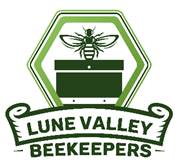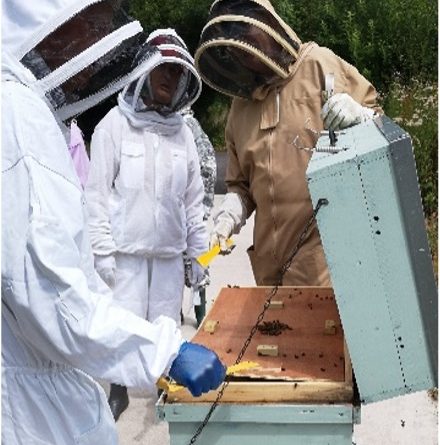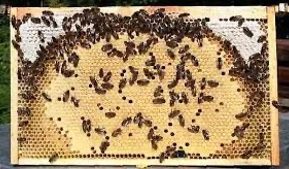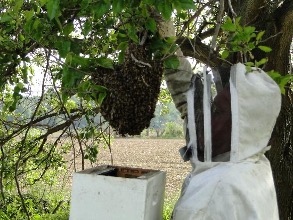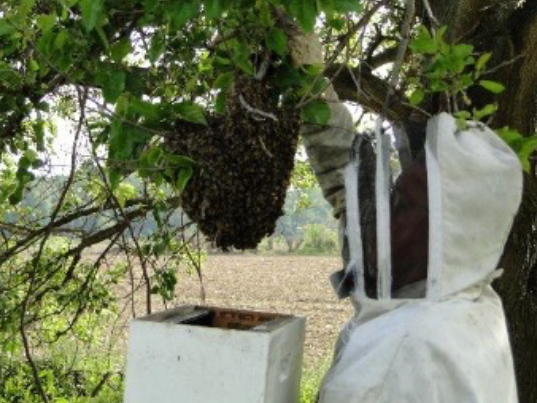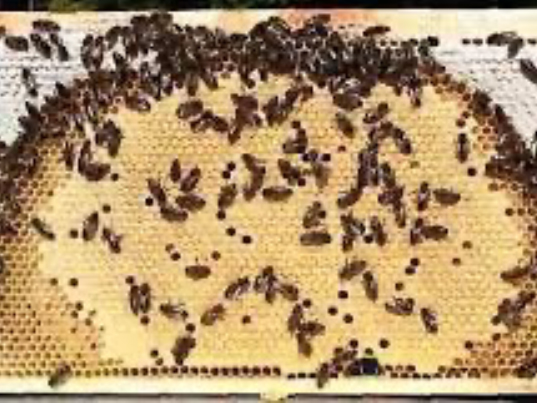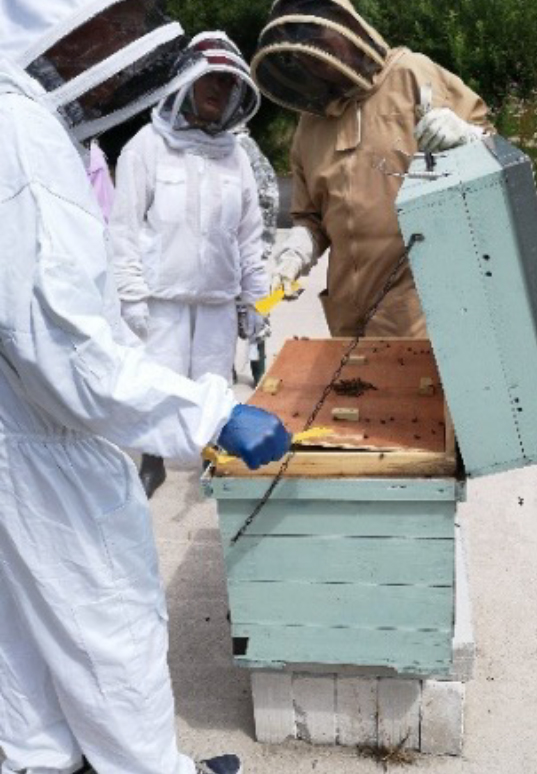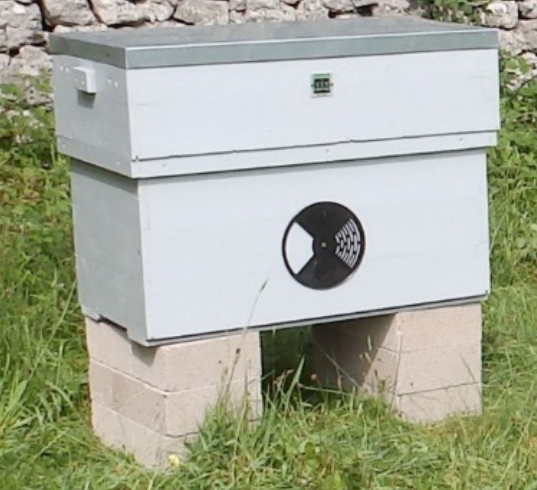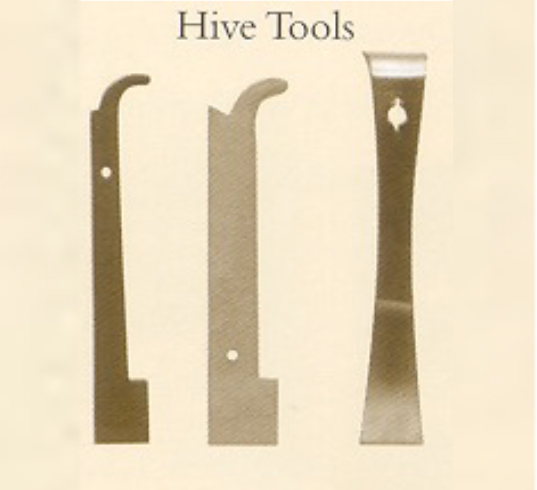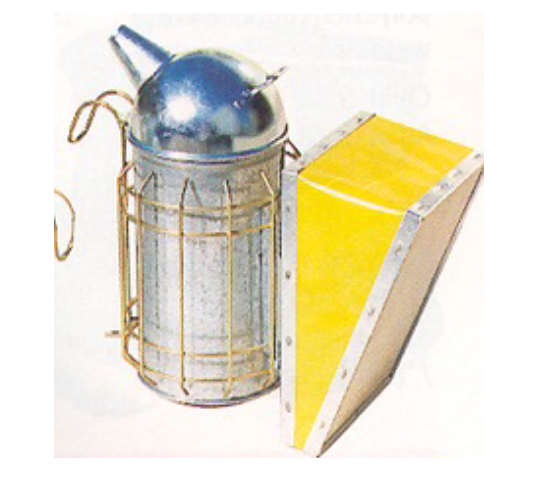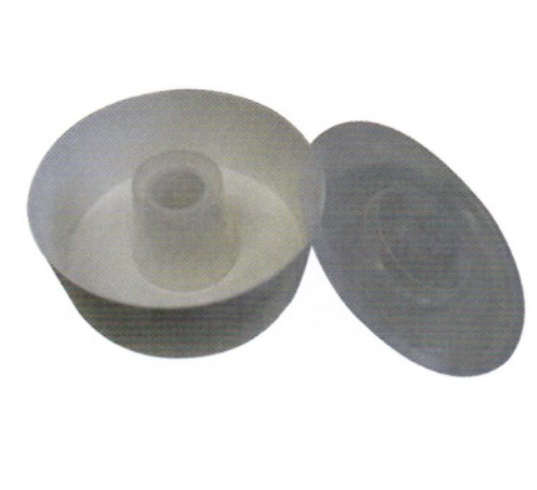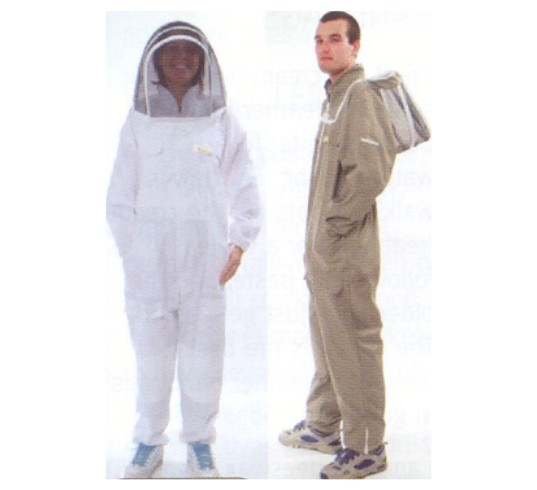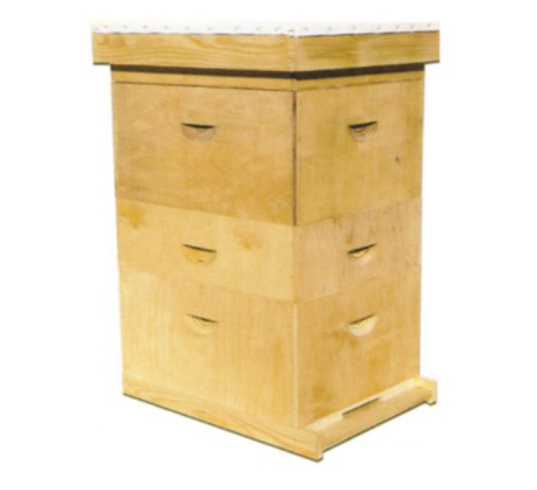Beekeeping Courses
Each year we run a number of courses ranging from an introductory course for those contemplating taking up beekeeping to more specialised courses for those who wish to develop new or existing skills.
Current courses are:
- Online – An Introduction to Beekeeping – for before you begin to care for bees. Video based answering “can I keep bees, what do I need, urban beekeeping, dealing with swarms, law, rules and regulations”.
- Practical Beekeeping for Beginners – Introduction – An immersive starter and taster day to experience being around honey bees, hives and equipment. A full day workshop with loan of all the equipment and guidance you need from our alternative beekeeping expert.
- Alternative approaches to beekeeping – This is a course for conventional beekeepers wishing to learn more about alternative approaches to beekeeping.
1. An Introduction to Beekeeping
This on-line course will introduce you to the craft of beekeeping and raise your awareness of all the matters you should consider before acquiring any bees!
The course comprises of a brief introduction and the following 16 sections, which can be viewed separately and in any order. Total running time 135 minutes.
